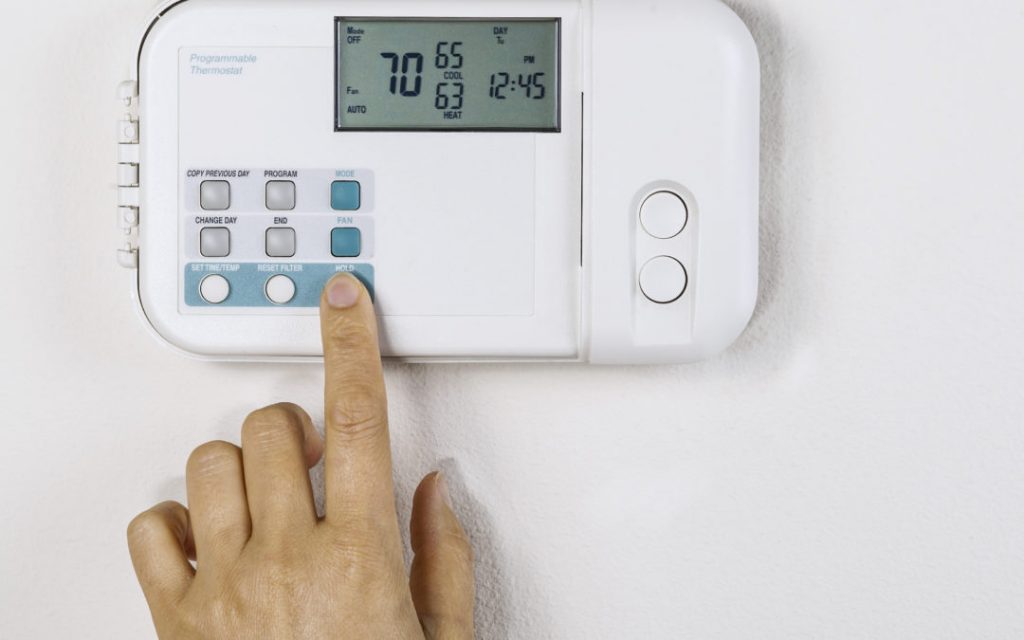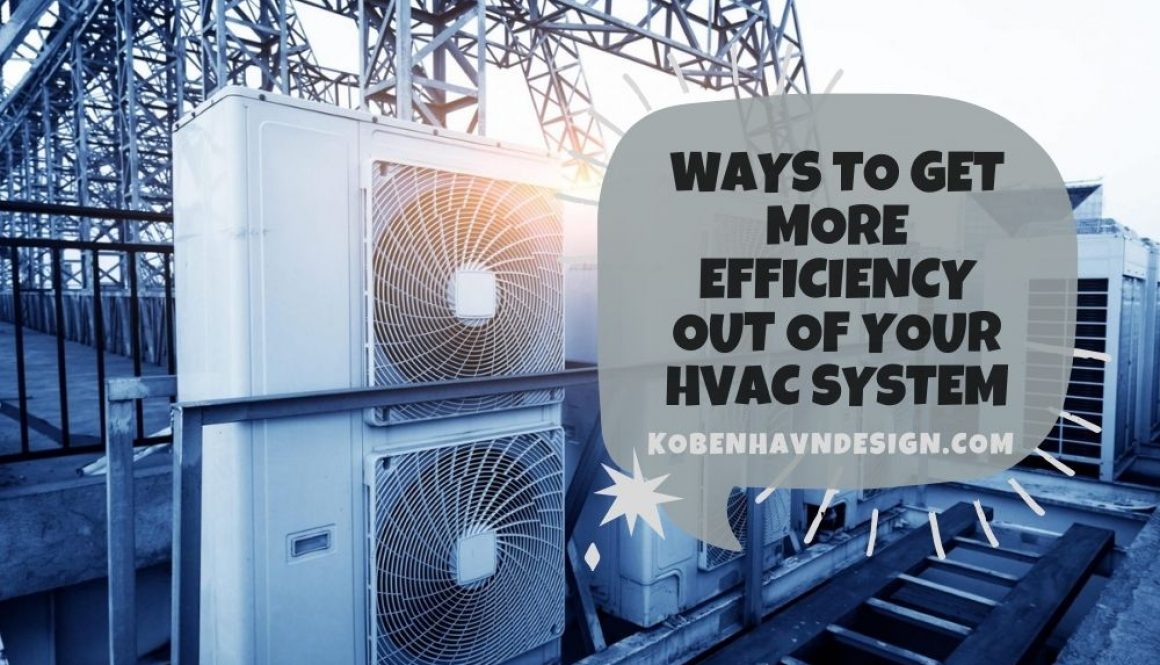Ways to Get More Efficiency Out of Your HVAC System
HVAC consumes a significant portion of our costs, which can go up to 60%. But what if you could decrease your energy costs or, in other words, increase HVAC energy efficiency? Well, let us tell you right away, it’s possible.
That’s why we decided to show you our list of ultimate tips and tricks and help you increase your HVAC energy efficiency. And remember, being efficient doesn’t have to be expensive. You only have to make smart choices.
Now, let’s focus on hvac energy saving tips!
Retrofitting
There are many reasons why you would opt for retrofitting. For instance, maybe you are tired of fixing your old unit, or maybe you are moving to a new location, or perhaps you want to buy more time before investing in the new system.
Whatever your reasons may be, according to the Department of Energy, retrofitting can save you nearly 35% annually in energy costs. Keep in mind that these upgrades affect humidity and temperatures and improve overall comfort. Additionally, you can retrofit both heating equipment and air conditioners.
Some of the common retrofitting methods of energy efficient hvac systems include:
- Compressor replacement
- Adding controls to condenser fan
- Adding demand-control ventilation
- Adding air side economizers
Use fans
Hot air rises, which means that in the summer, heat collects in a room, causing your AC to spend more energy. On the other hand, heat tends to go to other parts of your home during winter, like the attic, which no one uses.
So, what can you do to make the air move? Regardless of the season, you can turn on a ceiling fan to distribute hot air and save money on heating and cooling costs. However, there are a couple of rules when it comes to using fans.
In the summer, fans tend to cool down your skin but not the actual room. Therefore, if you are running a fan in an empty space, you are wasting energy. Keep in mind that ceiling fans need to rotate clockwise to create a cooling effect. However, in winter, make sure to reverse the fan direction and run it at low speed since hot air collects near the ceiling.

Change your thermostat settings
If you are one of those people who keep the thermostat settings to 72 degrees all year round, push yourself out of your comfort zone. Start with one degree at a time. For instance, you could set the thermostat one degree higher in the summer and one degree lower in the winter.
You can go with more degrees if you don’t mind the difference in the temperature. Alternatively, try to experiment with different settings to find the temperature you are most comfortable with.
Keep in mind that you will notice a difference in your utility bill even if you make a small change and this is one of the most energy efficient air conditioning tip.
Don’t forget about air filters
The general rule is to clean or replace your filters once a month or simply follow the manufacturer’s instructions. You can always set a reminder on your phone as an easy way to remember. It’s also a great idea to write a date on every new filter you install, so you can check its condition without having to take it off.
However, if you have issues with air quality, like a lot of pet hair, irritating allergens, or dust, you might be able to fix this problem by installing a filter with a higher MERV rating. Be aware that all filters have a MERV rating between 1-20, and the higher it is, the better. It means that a filter with a high MERV rating can better capture tiny particles.
But keep in mind that a filter with high MERV can cause your HVAC to work harder, which is not good if you are trying to save money on the utility bill.
Turn off electronics
If you are not using media systems, machinery, computers, or other similar equipment, turn it off. This can potentially save you money on energy consumption since all this equipment generates a certain heat level. For that matter, your air conditioning device will use less energy to cool down your room.
Even when they aren’t in use, electronics draw energy just by being plugged in. According to some estimates, if you constantly have plugged-in appliances, be prepared to pay a higher utility bill.
Perform a pre-season checkup
While this might cost a bit of money, we promise you it’s worth it. A regular checkup is one of the best air conditioning tips to save energy and ensure your unit runs efficiently. If your unit has heating and cooling options, make sure to schedule two checkups per year. For instance, you should perform one checkup in the spring before the summer season and one in the fall before the winter season.
If you face any issues, you will be able to address them during milder times of the year. Also, if you your HVAC is exposed to sunlight in can consume more energy to cool down your space. That’s why it’s crucial to protect it from the sun.
Find a leaky ductwork
Big oscillations in temperature could mean you have leaky ductwork. For instance, if some of your rooms are getting hotter or colder than others, or you have noticed signs of dirt and dust around your vents, it can indicate you are dealing with leaky ductwork.
You can schedule a pressure test to identify this problem, and they can perform a repair of any accessible ducts in your system.

